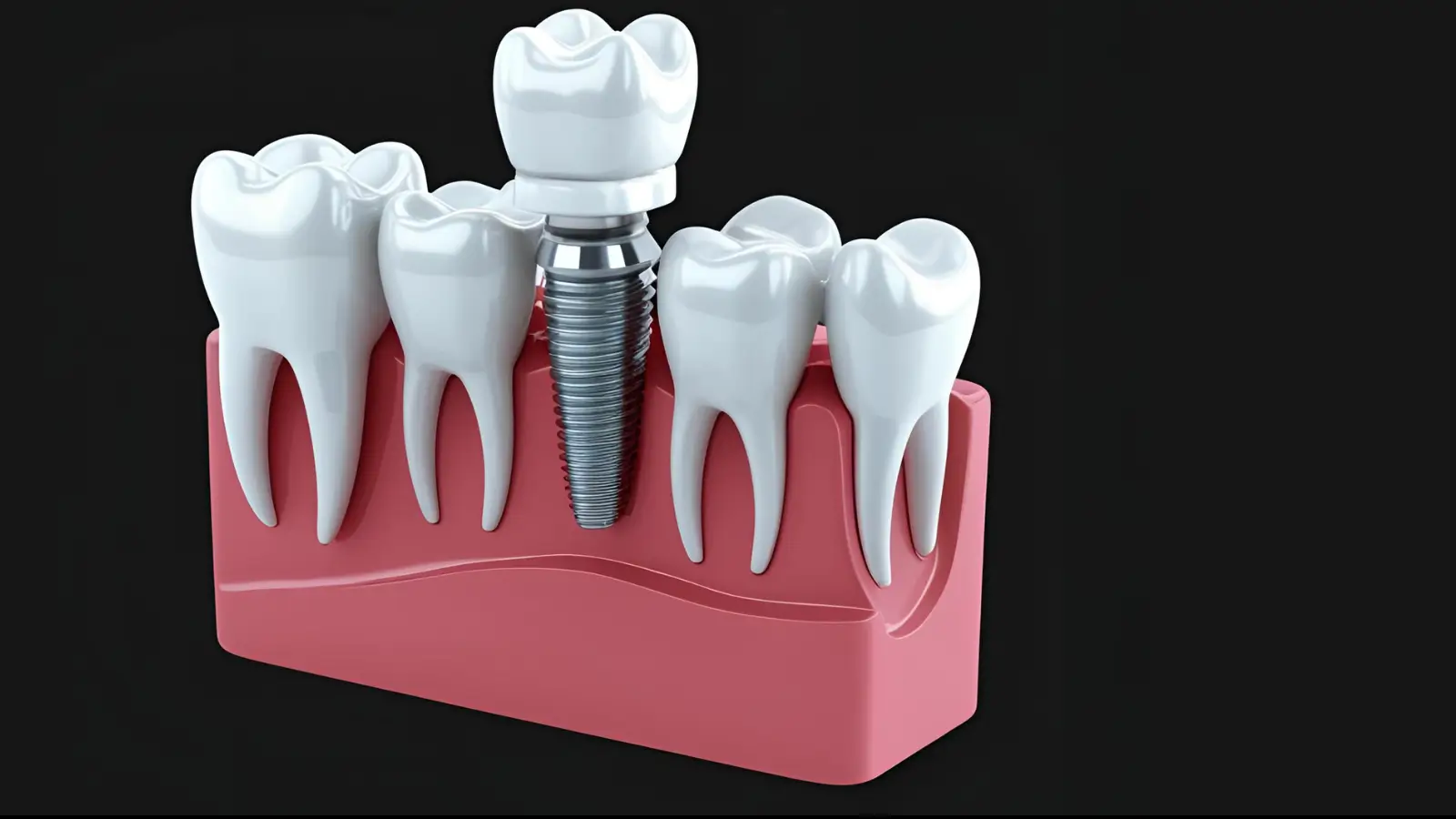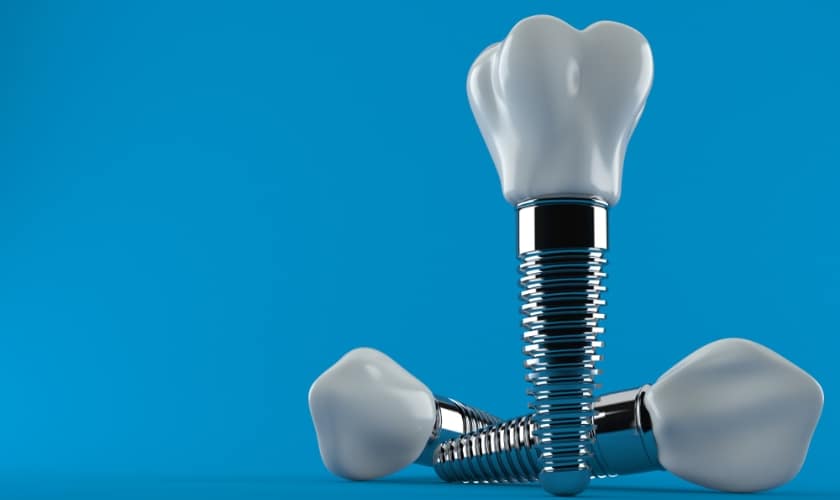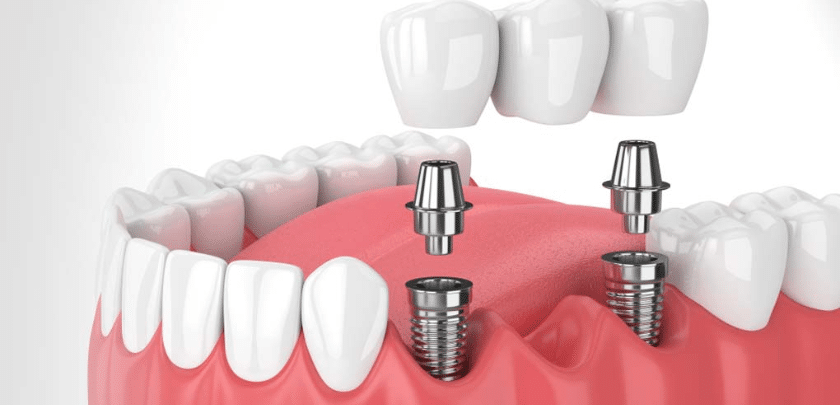
Oral Hygiene Tips for Dental Implant Longevity: A Complete Guide
Have you invested in dental implants? They might be long-lasting, but they are not invincible. They require just as much attention as your natural teeth. Neglecting your oral hygiene can trigger gum infection and cause the procedure to fail. Luckily, maintaining them doesn’t need to be complicated. With the right habits, you can increase the dental implant longevity for decades.
Read this blog to learn about the smart, sustainable oral hygiene practices to keep your tooth replacement intact.
How To Care For Your Dental Implants?
These are built to last. Made from biocompatible titanium or zirconia, they fuse with the jawbone and mimic the root of a natural tooth. Still, the surrounding tissues can be vulnerable to inflammation or infection if ignored.
Unlike natural teeth, they don’t have a periodontal ligament to help anchor them or to fight infection. That means the gums around this device are less resilient to bacteria and plaque buildup.
1. Brush With The Right Techniques
Brushing twice a day is essential. However, with dental implants in Bellevue, technique matters even more.
- Use a soft-bristled electric toothbrush to avoid scratching the implant surface.
- Aim for 45-degree angles at the gumline to sweep plaque away gently.
- Don’t rush—two minutes minimum each session gives you enough time to reach every area.
Consider low-abrasive toothpaste. Some whitening formulas can be harsh on crowns and surrounding enamel.
2. Flossing Isn’t Optional
This step is non-negotiable. Flossing keeps the space between the replacement tooth and adjacent teeth free from plaque and food debris.
Best tools for the job:
- Implant-specific floss or tape floss, as these are broader and gentler.
- Interdental brushes make sure the wire is plastic-coated to prevent scratching.
- Water flossers can be incredibly effective when used daily with the right tip.
If traditional floss feels awkward, water flossers can fill the gap and increase dental implant longevity.
3. Choosing The Right Mouthwash
Mouthwash isn’t just a minty step in your hygiene routine. For dental implant care, it’s another layer of defense. Choose an alcohol-free antibacterial rinse to help reduce plaque and inflammation. Alcohol-based rinses may dry out your mouth,
- Rinse after brushing and flossing.
- Use it after meals since brushing isn’t convenient.
4. Keep Your Gums in Check
Dental implants don’t get cavities, but your gums can still get infected, and peri-implantitis can severely affect them.
Watch for signs like:
- Red or swollen gums around the implant
- Bleeding when brushing or flossing
- Persistent bad breath or a bad taste
A healthy gum line is essential for supporting them. Don’t ignore small signs and get them checked out early.
5. See Your Dentist Regularly
You might feel like skipping check-ups because your dental implants feel fine. Routine visits allow your dental team to:
- Monitor the implant’s stability
- Catch inflammation early
- Deep clean areas you can’t reach at home
The dentist will likely use special tools designed for this to increase the dental implant longevity, avoiding materials that could scratch or damage their surface. Even if everything seems perfect, professional care every 3–6 months adds an extra safety net.
6. Eat for Oral Health
You don’t need to overhaul your diet, but a few mindful adjustments can support your implant health. Here are some foods that can help
- Choose calcium-rich options like leafy greens and dairy to support bone health.
- Avoid sticky, sugary snacks that cling to the gumline.
- Drink plenty of water to help flush out bacteria and keep your mouth hydrated.
Crisp vegetables like carrots and apples can help clean your teeth between meals.
7. Protect Your Investment at Night
If you grind your teeth or clench your jaw in your sleep, you put severe pressure on your dental implants. Night guards can absorb this force and prevent damage. Over-the-counter options may help, but custom ones offer a better fit and protection.
Signs you might need one:
- Jaw soreness in the morning
- Flattened or chipped teeth
- Clicking or popping in the jaw
These are a reliable, long-term solution for missing teeth, but they don’t take care of themselves. You do need to take proactive steps to care for them properly. Protecting your investment doesn’t require a dozen complicated steps. It’s about consistency, attention to detail, and responding to warning signs early.
With a good oral hygiene routine, regular dental visits, and a bit of daily intention, you can increase dental implant longevity and keep, secure, and shining for years to come.
Want to learn more about how to take care of your replacement tooth/ Schedule a consultation today!





